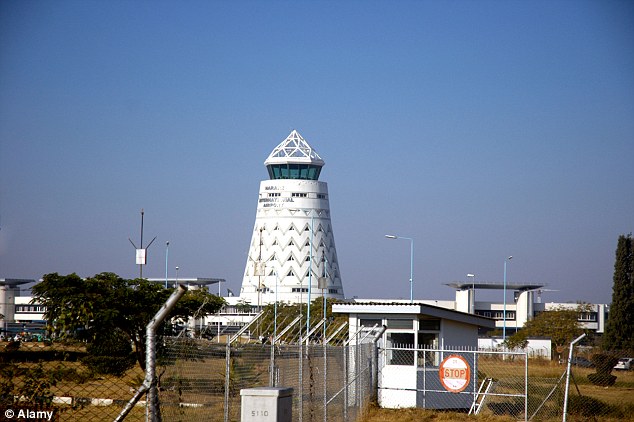By Auxilia Katongomara
The Civil Aviation Authority of Zimbabwe (Caaz) has made U-turn on its earlier decision to reinstate the Passenger Service Charge and the Aviation Infrastructure Development Fund on Air Zimbabwe-issued tickets starting yesterday.The aviation body has cited logistical challenges at the national airline.

Caaz announced over the weekend that with effect from February 1, 2018, it will stop collecting the Passenger Service Charge (PSC) and Aviation Infrastructure Development Fund (Aidef) from all Air Zimbabwe travellers to improve the ease of doing business.
However, in a notice yesterday, Caaz said:
“Please be advised that due to some logistical challenges at Air Zimbabwe, our earlier notice on the reinstatement of Passenger Service Charge (PSC) and Aviation Infrastructure Development Fund (Aidef) will no longer take effect on February 1, 2018. Any inconvenience caused is sincerely regretted.”
The move means that passengers will now revert to the old system of buying departure coupons from Caaz.
Since November 2014 when CAAZ assumed the role of collecting the PSC and Aidef charges directly from Air Zimbabwe passengers, there were complaints that the arrangement was causing inconvenience to passengers.
Concerns have also been raised in the past by some stakeholders that Air Zimbabwe was not remitting the funds collected from PSC and Aidef that are crucial in the development of aviation infrastructure.
The Government has ordered Caaz to resolve its dispute with Air Zimbabwe over departure taxes saying it was inconveniencing Air Zimbabwe passengers.
PSC and Aidef were payments due to Caaz and were ordinarily collected by airlines on behalf of the aviation body.
Caaz departure taxes are pegged at $15 for domestic destinations and $50 for regional routes.
The aviation body has said the re-instatement of the PSC and the Aidef came after wide consultations with different stakeholders. The Chronicle






